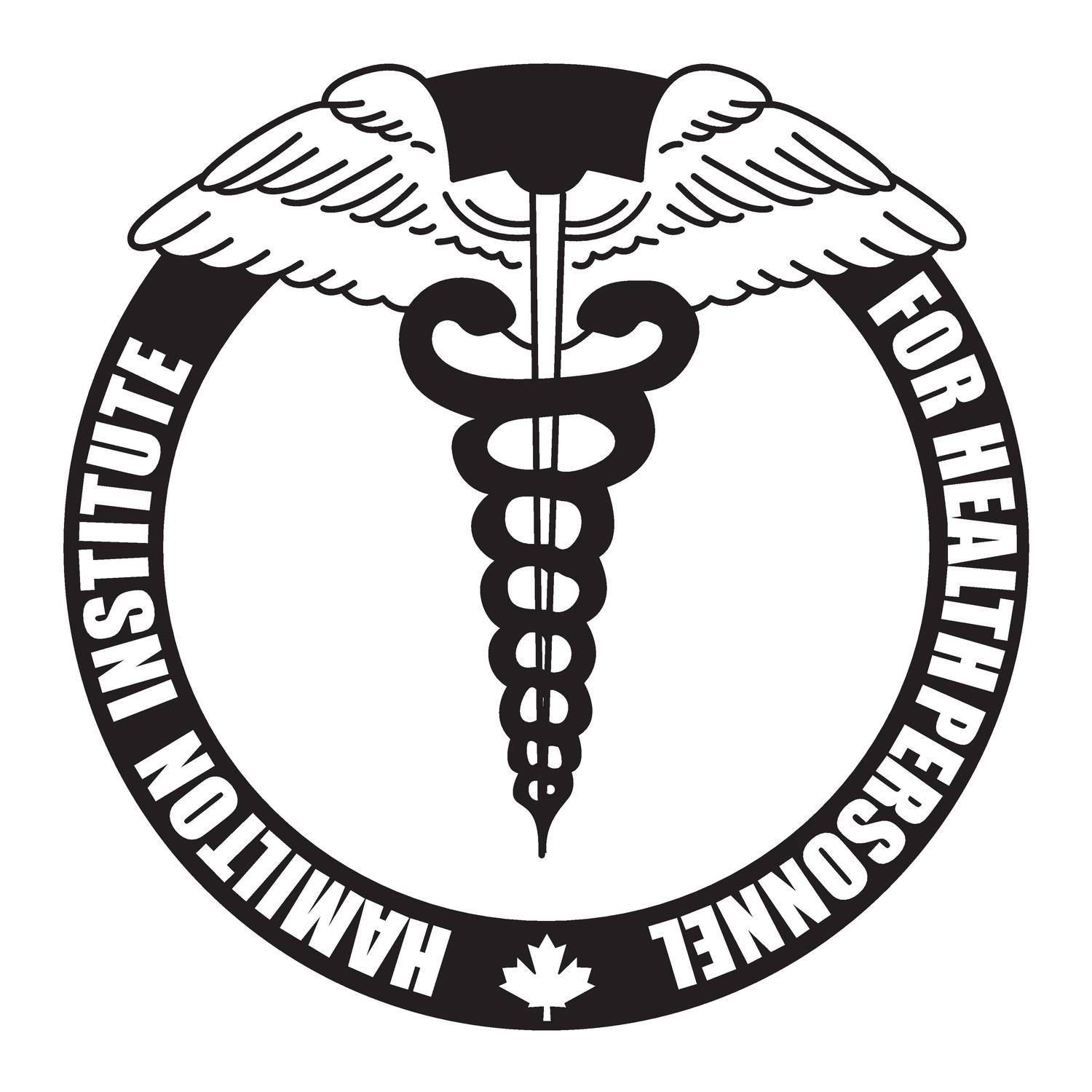DSW DIPLOMA PROGRAM
The Developmental Services Worker Program prepares graduates to administer and implement a variety of social assistance in programs and community services as well as assist clients to deal with personal and social problems. They are trained to provide person-directed supports and services for people with developmental disabilities in a manner that is respectful and fosters self-determination and empowerment. Upon successful completion of the DSW program, graduates are prepared to act in a professional, ethical, competent and accountable manner.
The DSW practicum provide students with the opportunity to incorporate their classroom and learning lab theory into a real work situation. Students will have the opportunity to demonstrate and refine their skills to the achievement of the required tasks and sub-tasks. Mapped directly to the Subject Specific Standards for the DSW worker’s vocational outcomes and in alignment with the DSW Standards of Practice, and the DSW Hay Competencies, the practicum provides a mentorship for the student to observe and interact with other developmental services worker professionals while working on the job to fulfill their practicum course hours.
The 6 DSW Standards of Practice include: Provision of Services to Service Recipients; Competence; Integrity; Confidentiality; Consent and Fees. The seven DSW Hay Competencies include: Advocating for Others; Collaboration; Creative Problem Solving and Decision Making; Fostering Independence in Others; Interpersonal Relations and Respect; Resilience; and Self-Development.
THEORETICAL MODULES
OBSERVATION
Developmental Disabilities
Ethics, Regulations, Competencies & Standards of Practice
Developmental Psychology
Abnormal Psychology (Including Dual Diagnosis)
Health & Wellness (personal, workplace and environmental health & well-being)
Education Strategies
Communication (Forms of communication; appropriate communication skills; accident reporting systems)
Developmental Services
Behavioural Support
Social Services
Field Placement 1 - Preparation and Observation
EDUCATIONAL SETTING
Person Directed Supports & Services
Communications (various forms of communication; appropriate communication,)
Pharmacology
Field Placement 2 - School /Education Setting
COMMUNITY SETTING
Building Community
Assessment Techniques
Health & Wellness (Intellectual disability; preventing abuse, neglect & assault; vicarious trauma and self-care; DSW as part of a health care team)
Field Placement 3 - Community based, Supervised Placement Setting










